Bangladesh’s finance adviser Dr. Salehuddin Ahmed has said the government is struggling to finance social safety net programmes due to a severe shortage of funds, calling it one of the biggest challenges for the administration.
Speaking at a seminar titled “Unlocking Bangladesh’s Bond and Sukuk Market: Revenue Stability, Infrastructure Implementation and Islamic Money Market Development” jointly organised by the Bangladesh Securities and Exchange Commission (BSEC) and the Dhaka Stock Exchange (DSE) on Monday (22 September), the adviser highlighted how limited resources are constraining allocations to key sectors such as health and education.
He noted that while citizens in other countries pay higher taxes and receive better public services, Bangladesh’s low tax-to-GDP ratio — just 7.2% compared to Brazil’s 26% — leaves the government unable to deliver comparable services despite public demand. “Everyone wants more spending, but the capacity to finance it simply isn’t there,” he said, stressing that both tax and non-tax revenues remain too low and private-sector investment is heavily reliant on banks.
The adviser also underscored the need to strengthen the capital market and expand sukuk bonds to reduce the government and private sector’s dependence on banks for financing major projects. He pointed out that while over Tk 240 billion worth of sukuk bonds currently exist, almost all are tied to government projects, and the private sector should also leverage this tool to fund infrastructure and business ventures.
He emphasised the importance of securitising large infrastructure projects such as the Mass Rapid Transit (MRT) system to mobilise thousands of crores of taka in investment.
Other speakers at the event included the Chief Adviser’s Special Assistant and Chairman of the Capital Market Development Committee Dr. Anisuzzaman Chowdhury, Bangladesh Bank Governor Dr. Ahsan H. Mansur, and Financial Institutions Division Secretary Nazma Mobarek, among others.




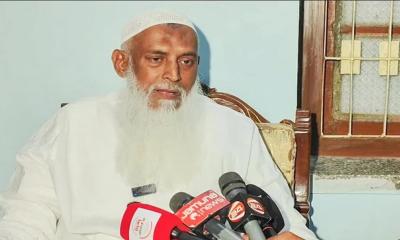
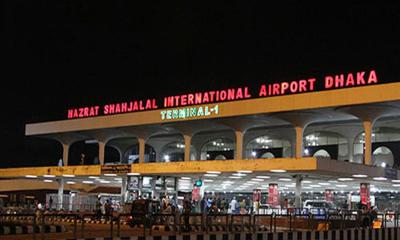







-20260228080513.webp)

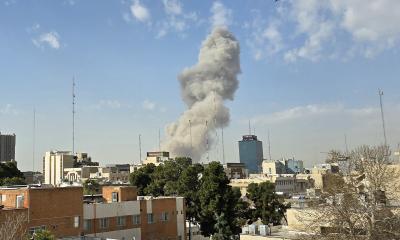
-20260228064648.jpg)
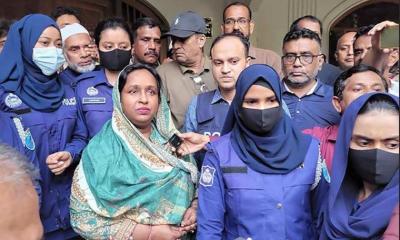
-20260228063029.jpg)
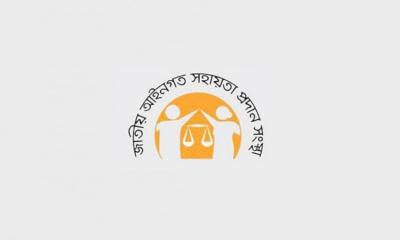






-20260224075258.webp)






-20260225072312.webp)

